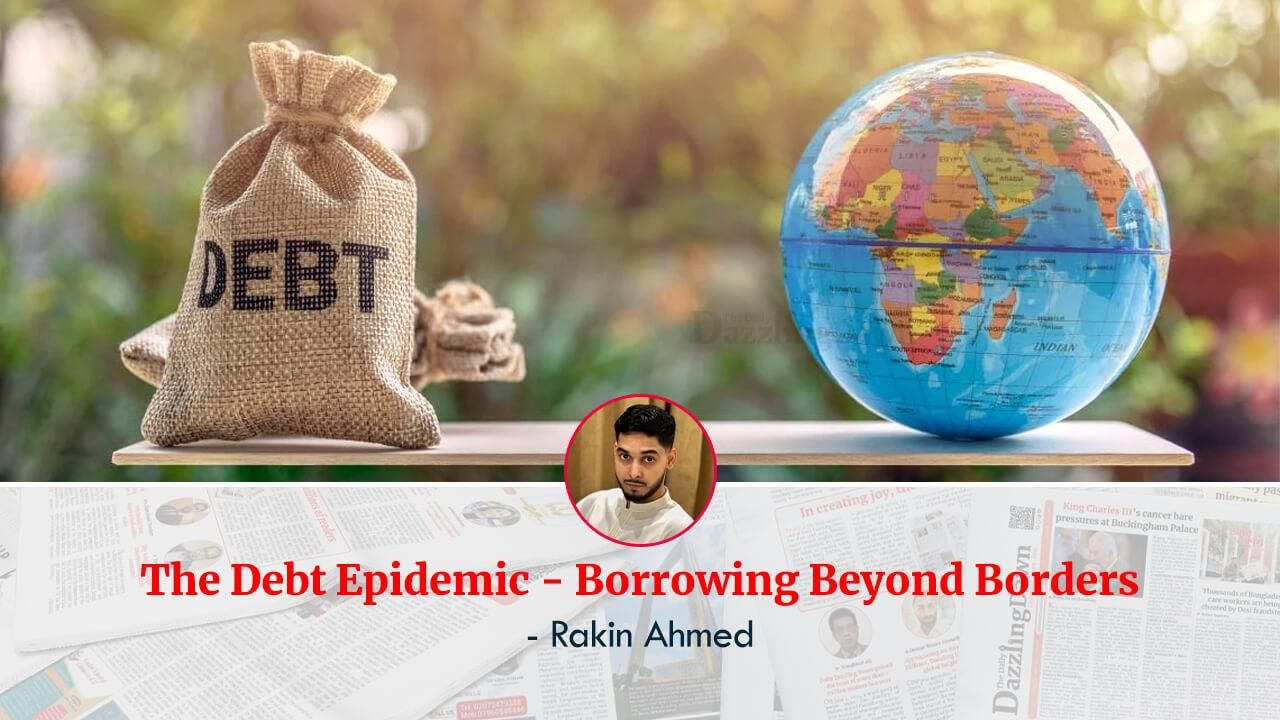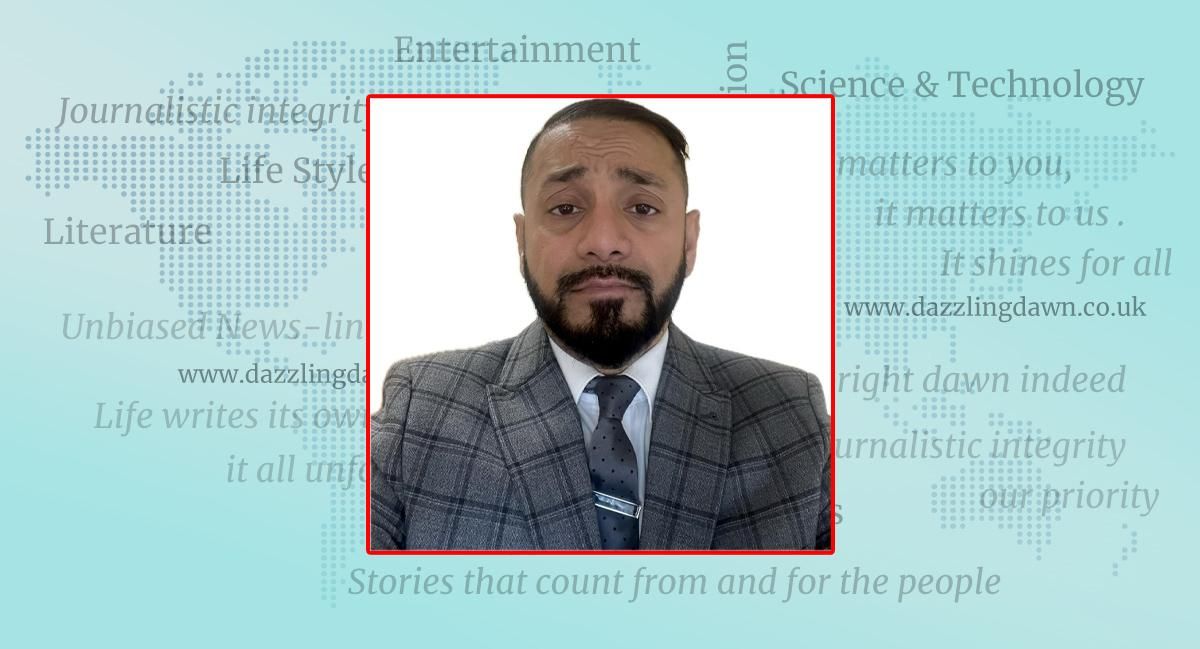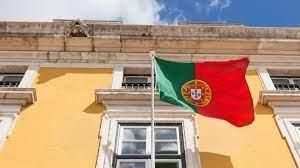In order to help Ukraine fight against Russian armies that are invading its territory, the G7 has decided to leverage frozen Russian assets to raise $50 billion (£39 billion).
Although Moscow has warned "extremely painful" reprisal measures, US President Joe Biden said it was only another message to Russia "that we're not backing down."
Although the funds are not anticipated to come until the end of the year, they are thought to be a longer-term solution to help Ukraine's economy and war effort.
A 10-year bilateral security agreement between the US and Ukraine was inked during the G7 conference in Italy by Mr. Biden and Ukrainian President Volodymyr Zelensky, which Kyiv has hailed as "historic".
The agreement envisages US military and training aid to Ukraine - but it does not commit Washington to send troops to fight for its ally.
Some $325bn worth of assets were frozen by the G7, alongside the EU, following Russia's full-scale invasion of Ukraine in 2022.
The pot of assets is generating about $3bn a year in interest.
Under the G7 plan, that $3bn will be used to pay off the annual interest on the $50bn loan for the Ukrainians, taken out on the international markets.
Speaking at a joint news conference at the summit's venue in Puglia, southern Italy, President Biden said the $50bn loan would "put that money to work for Ukraine and send another reminder to [Russian President Vladimir] Putin that we're not backing down".
The US leader stressed that Mr Putin "cannot wait us out, he cannot divide us, and we'll be with Ukraine until they prevail in this war".
President Zelensky thanked his American and other allies for their unwavering support.
And referring to the new security deal, he said: "It's a truly historic day and we have signed the strongest agreement within Ukraine and the US since our independence [in 1991]".
The G7 group of rich nations, Canada, France, Germany, Italy, Japan, the UK and US, have been important financial and military supporters of Ukraine as it battles to contain occupying Russian forces.
Other G7 leaders also hailed the $50bn loan deal, with UK Prime Minister Rishi Sunak describing it as "game changing".
The $50bn loan is a sizeable pot of money, when compared with the $61bn worth of US military aid that was finally agreed in May.
Some of those in Kyiv, who had been pushing for this cash, had wanted the G7 to release the whole frozen fund of $300bn, not merely the interest it is generating. The European Central Bank had ruled that out.
Unlike the US aid package, which directly translated into more missiles being sent to the front line, this money will likely not arrive until the end of the year, meaning it will have little impact on the current course of the war.
For now, Ukraine says it still urgently needs more weapons - primarily air defence systems to blunt Russia’s missile and drone attacks on its cities and power stations, as well as long awaited F-16 fighter jets, which it hopes will start arriving as early as this summer.
At the G7 summit, Mr Zelensky said the new security agreement included US shipments of those warplanes.
The loan deal is also hugely symbolic for Ukraine. Its aggressor is now being forced to pay, not only to repair the devastation it has wrought - but for Ukraine to defend itself.
One of Mr Zelensky's closest advisers has said that the West’s decision to punish Russia in this way, in one sense, marks a turning point in the war.
However, the loan is unlikely to force a Russian U-turn on its war in Ukraine.
Most of the frozen assets of the Central Bank of Russia are being held in Belgium.
Under international law, countries cannot confiscate those assets from Russia and give them to Ukraine.
Several hours before the G7 decision was announced, Russian Foreign Ministry spokeswoman Maria Zakharova warned that there would be "extremely painful" retaliatory measures.
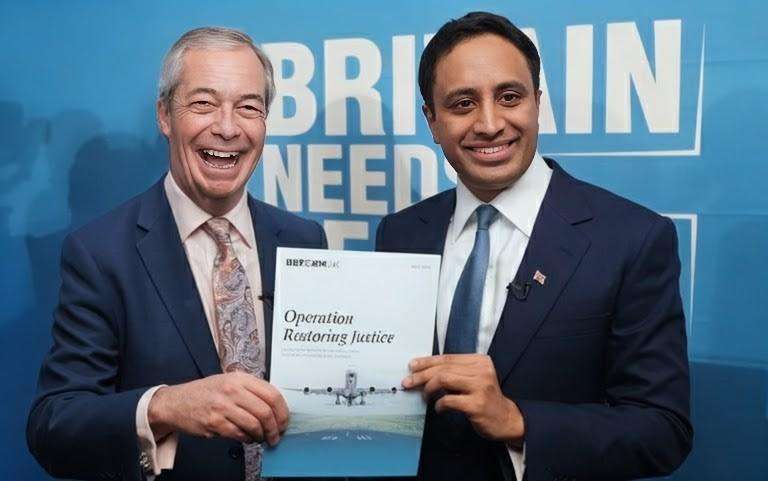


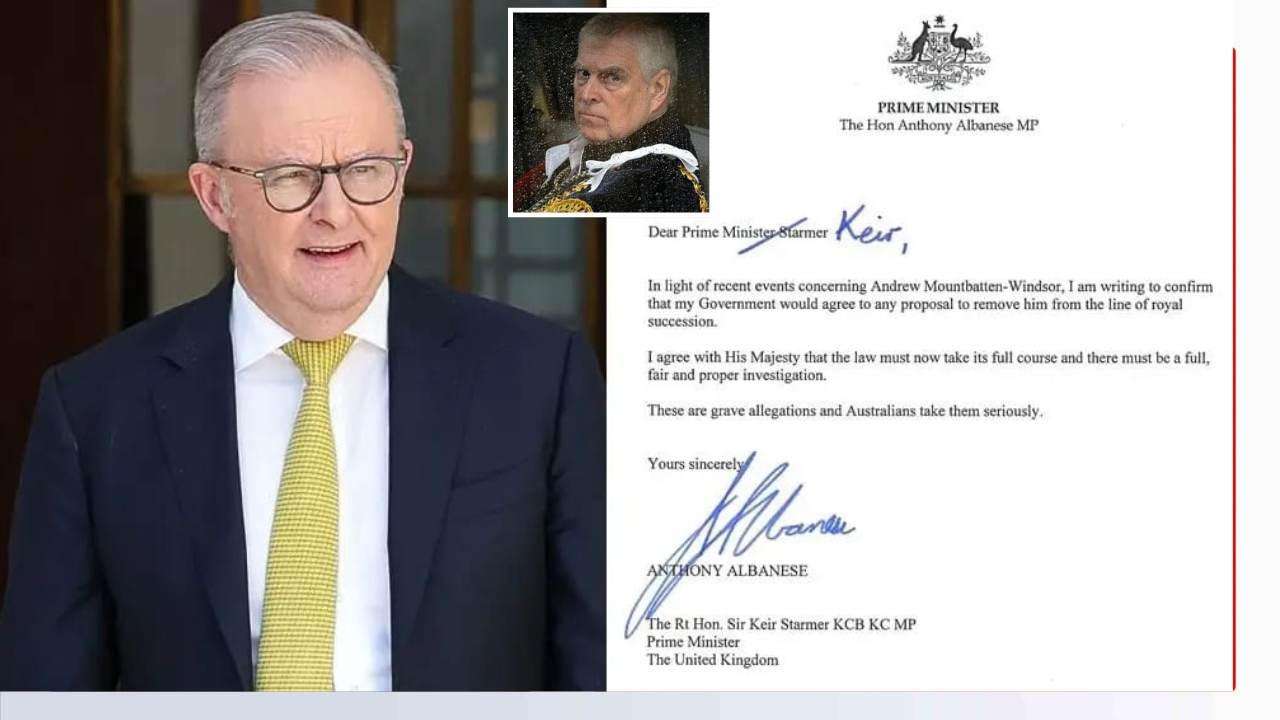




.svg)

